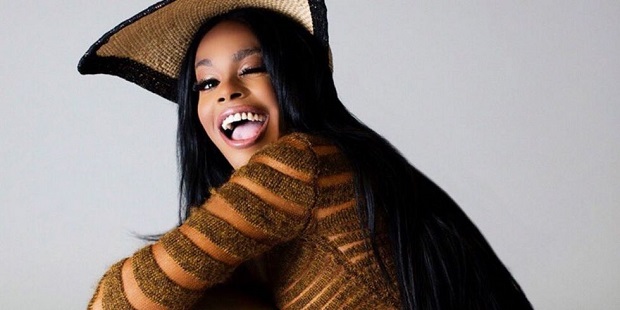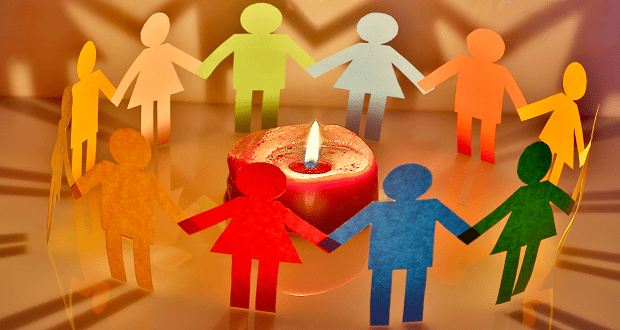
Azealia Banks
(The views, opinions and positions expressed by the authors of the Point of View articles are theirs alone, and do not necessarily reflect the views, opinions or positions of The Winters Group, Inc.)
What does it mean to be black?
I know, it’s a loaded question. And frankly, I don’t know the answer—not just because I’m white, but because—
Well, actually, hold on. If we’re going to ask what it means to be black, then what does it mean to be white? I’m not sure I know the answer here, either. These questions speak to many, many issues swirling around race, personal identity, how others view us, cultural appropriation, discrimination, etc.—all of which seem to have exploded around Azealia Banks.
Critics have recently accused the black hip-hop artist of being “less black” and a hypocrite because of her decision to bleach her skin. To answer them, Banks, never one to shy away from—and usually one to court—controversy, created a Facebook Live video in which she said, “I don’t really think it’s important to discuss the cultural significance of skin bleaching anymore.”
“Just as black people in this world, you assimilate, and there are things you accept, not just out of necessity but things become norm because they just happen all the time,” Banks added. She explained that skin bleaching is a form of “assimilation,” comparing it to wearing weaves or getting plastic surgery. “Nobody was upset when I was wearing 30-inch weaves and tearing out my edges and doing all that type of s**t like that. You guys loved it, but what is the difference?”
What is the difference?
Frankly, I’m not sure that one exists. A nose job, hair extensions, and skin-lightening are all activities that alter the body from its natural state. All of us alter our appearances to varying degrees, whether its via makeup, clothes, hair extensions, tattoos, tanning, or, yes, skin-lightening creams.
We do not judge the mom with the disturbingly deep tan as not being white enough. We still consider Michael Jackson black, despite his changes in shade. Just as Julie Chen is Asian, despite her eye job. Why should we say that Banks is not black enough? There are many reasons to despise her—like her racist, homophobic rant (for which she very belatedly apologized) that led Twitter to deactivate her account—but this is not one of them.
Speaking of Twitter, Banks tweeted last year: “The treatment I get for being a dark skinned woman just makes me want to lay down and die sometimes. They hate us, they treat us like dogs, then turn around and ask why we’re mad. I don’t care what anyone says: men in general despise dark skinned women.”
All of which may be part of why Banks lightened herself. Perhaps, beauty standards rooted in colorism spurred feelings of insecurity. But, as Banks points out, “To say that [skin-lightening] negates anything that I’ve said about this current situations of blackness in America is stupid. What do body modifications have to do with someone’s intellect? The two don’t correlate.”
She’s right. Still, I struggle with developing a solid answer to my initial questions about identity. Frankly, I’m not sure there is a good answer. Maybe that’s because the question itself is flawed. Do we really need to be asking what defines someone as black, white, Asian, gay, etc.? Do we risk creating needless boxes as a result?
Yes, and yes. Ultimately, identity matters in very practical ways. So how would you answer what it means to be black or white or fill-in-your-own-blank? Leave a comment below!
(Meanwhile, be sure to check out The Inclusion Solution’s series on identity development.)


















